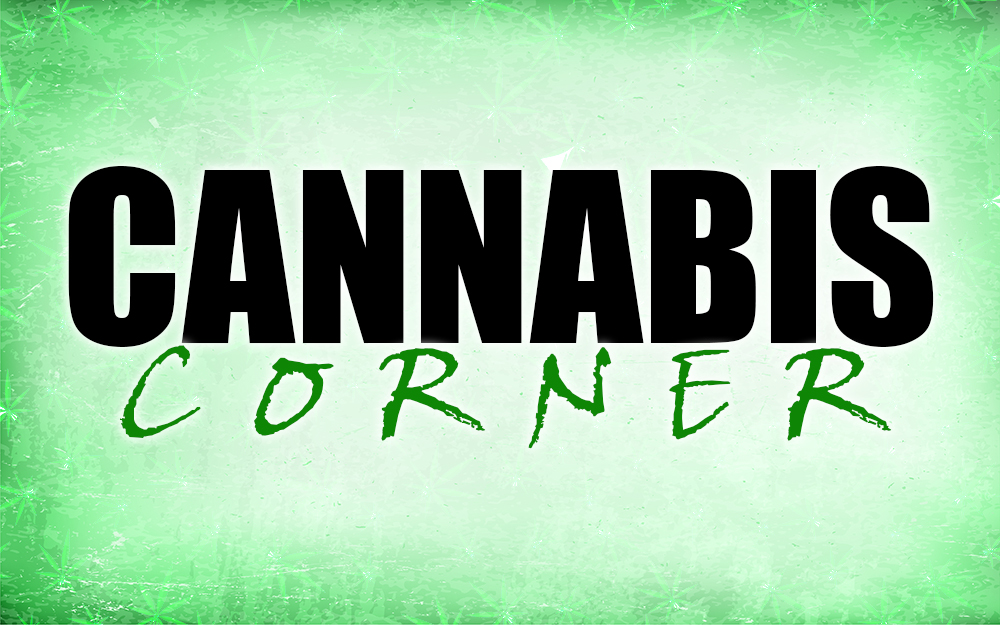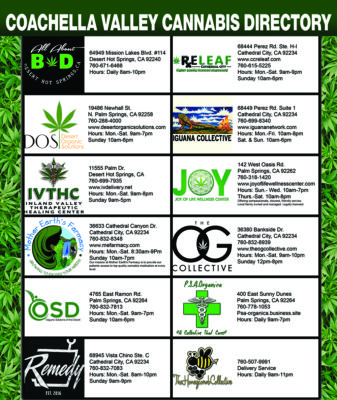
BY RUTH HILL R.N.
In this article, I will explain the dangers of cannabis that we so often overlook. Cannabis used medically is like any other drug. There are side effects and drug interactions that must be respected and reported to an experienced practitioner.
Recreational cannabis (RC) use is NOT the same as medical use and still is considered dangerous. Users who combine cannabis with alcohol, heroin, meth, high dose opiates like fentanyl, or any other street drug can bring lethal consequences. The lack of standardized regulations for testing products is one of the most dangerous risk for adolescents and adults using any form of cannabis.
Cannabis ingested by anyone under the age of 21 is dangerous due to its effects on growing brain cells. Studies have shown teens who started using RC are at high risk for developing schizophrenia in midlife. Just like you would not tell children or teenagers to ingest digoxin, oxycodone, dexamethasone, or any cold medications unless under the care of a medical doctor, the same is true of RC or MC.
So, the question is can children use MC? Yes, they can unequivocally. There are very beneficial uses for children who have seizures, cancer and other debilitating diseases. But they must be under the care of a medical physician who has experience with MC. Mara Gordon MD with Aunt Zelda’s is one resource https://www.medicaljane.com/directory/professional/mara-gordon/ I cannot repeat this enough, RC is NOT MC.
Cannabis can interact with some medications. Examples are: seizure medications, anticoagulant medications, medications that enhance serotonin uptake, and cancers or diseases that are known to affect CYZ450 enzymes. At sufficient dosages, CBD will temporarily deactivate cytochrome P450 enzymes, thereby altering how we metabolize a wide range of compounds. https://www.projectcbd.org/science/cannabis-pharmacology/cbd-drug-interactions-role-cytochrome-p450
MC is a self-regulated medication. It is a paradigm shift for both patient and physician. Any cannabis you buy in a dispensary does not have an exact dose, it is not reliable. When you buy a digoxin tablet from a pharmacy you know you are getting the same dose in every tablet every time from any pharmacy. This is not true for cannabis. We are a long way from exact dosing. Each plant needs to be lab tested, each extracted oil needs to be lab tested. Just being in different light can change the composition of a growing plant leaf.
Smoking cannabis, Dr. Donald Tashkin a pulmonologist states, carries an increased risk of opportunistic infections but not an increased risk of emphysema. Cannabis has 50% more tar than cigarettes. The THC dose absorbed systemically in a joint is 25%-28% of the total available THC in the joint. Do you know the content of the THC in your joint?
Testing positive for marijuana does not mean one is under the influence of a drug at the time of the accident. In Colorado marijuana-related traffic deaths increased by 154 percent between 2006 and 2014; Colorado emergency room hospital visits that were “likely related” to marijuana increased by 77 percent from 2011 to 2014; and drug-related suspensions/expulsions increased 40 percent from school years 2008/2009 to 2013/2014, according to a September 2015 report by the Rocky Mountain High Intensity Drug Traffic Area, a collaboration of federal, state and local drug enforcement agencies. http://www.factcheck.org/2016/08/unpacking-pots-impact-in-colorado/
I cannot emphasize enough that Medical Cannabis/Marijuana is NOT the same as Recreational Cannabis/Marijuana. MC is a tested product that gives a micro dose of one or more molecules of the cannabis plant. More often only a 1mg dose is needed in many cases for results. All medical cannabis products should have on the label exactly what is in the product and in what ratio and in what quantity.
While cannabis is a self-prescribed medication it can replace many current pharmaceuticals. Reducing prescribed medications should be in consultation with the prescribing physician to avoid withdrawal. Many drugs can produce a rebound effect if suddenly stopped i.e. steroids, antipsychotics, even antihistamines can in some cases cause a rebound effect. A rebound effect is when a drug is stopped suddenly the body rebounds and needs much more of the drug than previously prescribed. In conclusion RC dangerous, MC safe when use appropriately.
Follow these informative websites for free information: https://www.leafly.com
https://www.learngreenflower.com
contact hilruth@gmail.com with questions











































